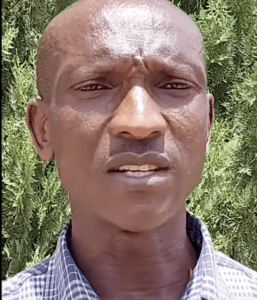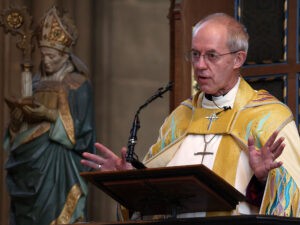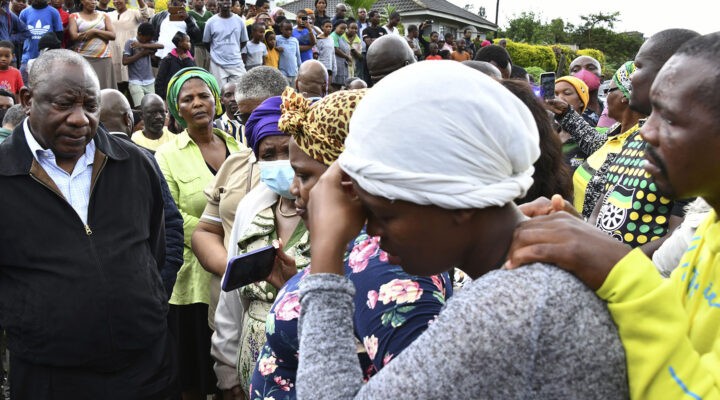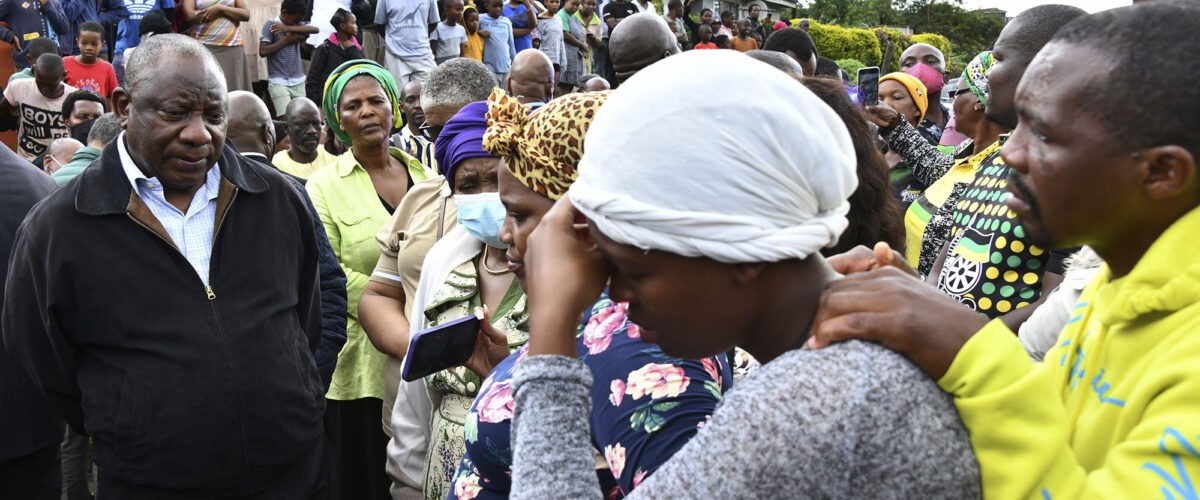In African countries including Burkina Faso, Nigeria, Zimbabwe, Mali and South Africa, the weeks preceding Easter were marked by lamentation, sorrow, tears and blood as terror attacks and counter attacks by government forces — along with natural disasters — killed many people and devastated homes.
In the case of Nigeria, a train bound for the northern town of Kaduna from the capital city Abuja was waylaid by terrorists, leading to the death of eight people and the kidnapping of more than 160 passengers. Two weeks later, another group of terrorists invaded a community in Plateau State, in the same northern region, shooting and burning homes and killing at least 154 people.
In Mali, the country’s “armed forces and associated foreign soldiers allegedly summarily executed an estimated 300 civilian men, some of them suspected Islamist fighters, in the central Malian town of Moura in late March 2022,” according to Human Rights Watch.
In Zimbabwe, 36 members of ZCC Church died while many others sustained injuries from a road accident while traveling to attend an Easter event. And in the KwaZulu Natal region of South Africa, catastrophic floods killed more than 340 people and ruined many homes.
In Zimbabwe, 36 members of ZCC Church died while many others sustained injuries from a road accident while traveling to attend an Easter event.
Amid this backdrop, Christian leaders, in the redemptive spirit of Easter, called for people to forgive one another, eschew bitterness and embrace peace.
Pastor Dauda, who is based in Nigeria’s troubled northern region, in his Easter message said: “As we celebrate this Easter, by the grace of God, I love to pray for our nation Nigeria. As we see Nigeria is bleeding concerning insecurity, we pray that the Lord will step in for us in this nation and as believers that are being persecuted. … Our joy is many souls will come to Jesus Christ because we believe he is God that came to save humanity and we believe that his salvation is for even those who perpetrated this evil. So, our prayer is that they will encounter Jesus Christ.”

Pastor Dauda
A video of Pastor Dauda’s sermon was shared online by Open Doors, an NGO assisting persecuted Christians in the country it considers “the world’s deadliest place” to be a Christian.
In Ghana, the Catholic bishops conference in an Easter message prayed for peace in the country and elsewhere. “Let us never get tired of praying for peace, because a church on its knees is stronger than an army on its feet. As Christians, our faith tells us that prayer can help bring about peace in times and places of war,” they said.
The Catholic leaders admonished that many people around the world have failed to heed the example of Jesus Christ, who, after he rose from the dead, appeared to his disciples and said, “Peace be with you.”
From the suffering and sacrifice made through the Cross and Resurrection, God “created from all the races of this world, one common race and one family for himself,” they said. The clerics pointed out that “the risen Lord’s gift of peace was meant not only for his disciples, but for the whole world.”
But rather than emulate Jesus, “this gift of the Prince of Peace is often rejected by acts of conflicts, wars and division,” as “when we look all around us, we see conflicts, wars, and the horrors associated with these acts of evil,” they added.
It wasn’t just church leaders who sent messages of hope or peace across the African continent. Government and political leaders also did.
In the KwaZulu-Natal province of South Africa, where more than 340 people died as a result of floods, sympathy messages poured in from government officials and public figures.
Cyril Ramaphosa, South Africa’s president, offered an Easter message in which he urged fellow citizens to pray and assist those affected by the disaster. The flooding incident, he said, is evidence that climate change remains a threat.
Asmaa Botmi-Clarke, a freelance journalist and resident of Kwazulu Natal, in a Voice of America interview, said that while her own house was not affected by the flood, “around 2,000 people” lost their houses “and 4,000 homes” were destroyed in the informal settlements.
“People who are unfortunate have lost everything,” she said. “They have lost their belongings, their houses and even some of their lives. Some people are still missing. There is so much destruction around (Kwazulu Natal) Durban at the moment. You can see broken houses, schools are broken, roads, bridges and entire blocks of flats have been washed away in the north of Durban.”

Justin Welby, archbishop of Canterbury delivers his Easter Sermon at Canterbury Cathedral on April 17, 2022, in Canterbury, England. (Photo by Hollie Adams/Getty Images)
Even Justin Welby, archbishop of Canterbury, in his Easter address criticized the decision by the British government headed by Boris Johnson to send some asylum seekers to Rwanda. Welby said such a policy is contrary to God’s way of welcoming and assisting people in need.
The plan to send the asylum seekers to Rwanda — while paying Rwanda $158 million — had been denounced by many human rights activists and the United Nations High Commissioner for Refugees as well as Amnesty International.
The British prime minister said this resettlement was part of a necessary plan to check human trafficking across the English Channel. But Welby disagreed.
In his Easter sermon, Welby said such a plan of sending asylum seekers to another country from the UK “poses serious ethical questions” and therefore falls short of God’s standard of love and kindness.
“The details of politics and politicians, the principle must stand the judgment of God and it cannot,” he said. “It cannot carry the weight of resurrection justice, it cannot carry the weight of life conquering death, it cannot carry the weight of the resurrection that was revealed first to the least valued, for as a policy it privileges the rich and the strong, and it cannot carry the weight of our national responsibility as a country formed by Christian values because such contracting out our responsibilities, even to a country that seeks to do well — like Rwanda — is the opposite of the nature of God who himself took responsibility for our failures.”
Anthony Akaeze is a Nigerian-born freelance journalist who currently lives in Houston. He covers Africa for BNG
Related articles:
The good news of the Resurrection transcends the social agendas of any Christian faction | Opinion by Erich Bridges
Our vision of missions should shift from Matthew 28 to John 21 | Opinion by Robert Sellers


